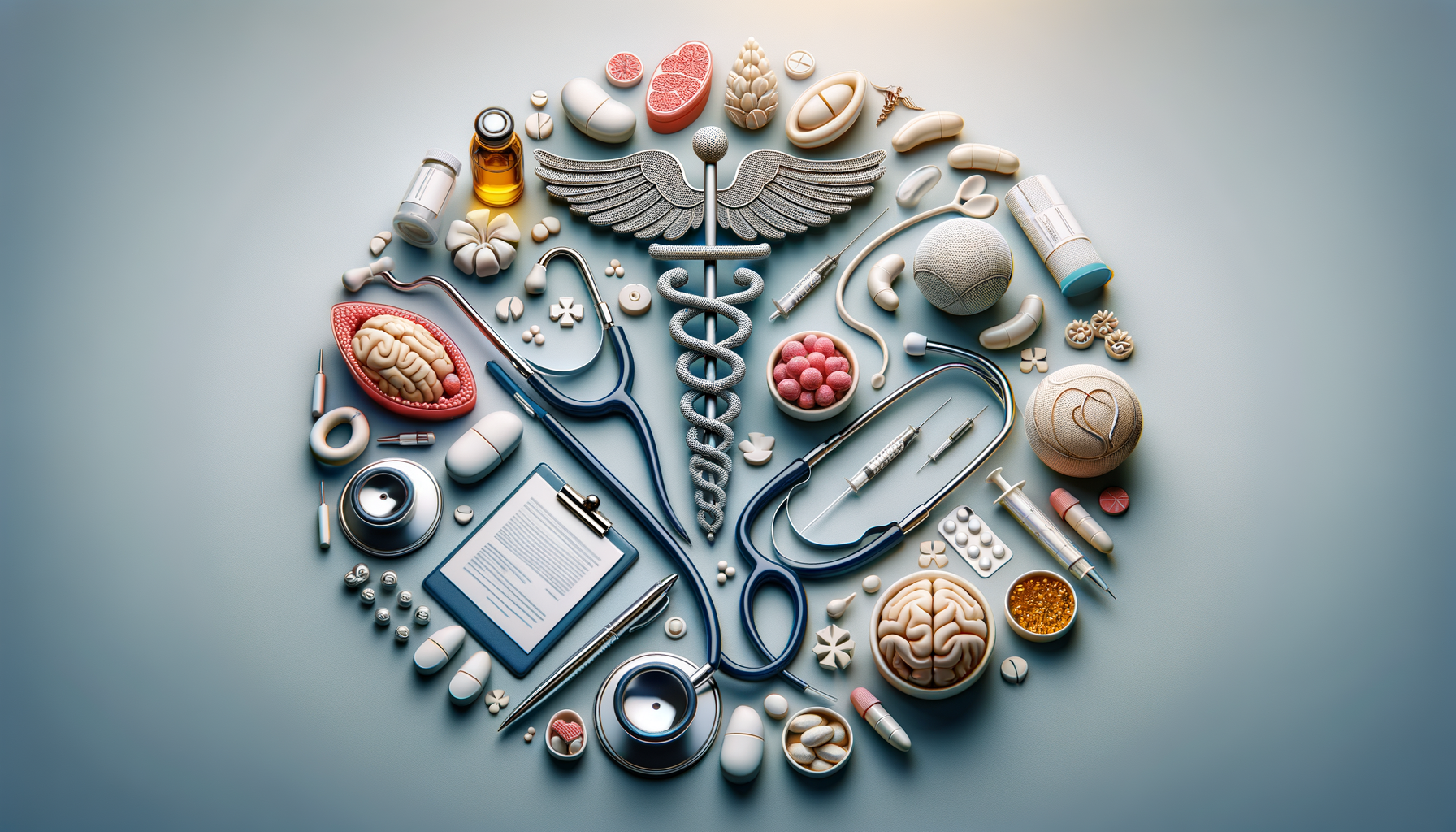Understanding Congenital Adrenal Hyperplasia (CAH)
Congenital Adrenal Hyperplasia (CAH) is a group of genetic disorders affecting the adrenal glands. These glands, located on top of the kidneys, produce vital hormones such as cortisol, aldosterone, and androgens. In individuals with CAH, an enzyme deficiency disrupts hormone production, leading to an overproduction of androgens. This imbalance can affect physical development and health, particularly in women.
CAH is generally categorized into two forms: classic and non-classic. The classic form is usually detected in infancy or early childhood and is more severe. Non-classic CAH, on the other hand, might not be diagnosed until later in life, often during adolescence or adulthood. Symptoms can vary widely, from ambiguous genitalia in newborns to menstrual irregularities and excessive hair growth in women.
Understanding CAH is crucial for managing its symptoms effectively. With proper medical care, individuals with CAH can lead healthy lives. Regular monitoring and treatment adjustments are essential, as hormone needs can change over time. Genetic counseling may also be recommended for families with a history of CAH.
Impact of CAH on Women’s Health
CAH significantly impacts women’s health, influencing both physical and psychological well-being. The overproduction of androgens can lead to virilization, which may cause physical changes such as increased body hair, deepening of the voice, and irregular menstrual cycles. These symptoms can affect self-esteem and mental health, making it crucial for women to have access to supportive healthcare.
Reproductive health is another area where CAH plays a significant role. Women with CAH may experience challenges with fertility due to irregular ovulation. However, with advancements in medical treatments, many women with CAH can conceive and have healthy pregnancies. It is important for women with CAH to work closely with healthcare providers specializing in endocrinology and reproductive health to manage these issues effectively.
In addition to physical symptoms, CAH can lead to psychological challenges. The stress of managing a chronic condition, coupled with societal pressures related to appearance and gender norms, can contribute to anxiety and depression. Comprehensive care that addresses both physical and mental health is essential for women with CAH.
Diagnosis and Treatment Options
Diagnosing CAH typically involves a combination of physical examinations, blood tests, and genetic testing. Newborn screening programs in many countries can detect the classic form of CAH shortly after birth. For non-classic CAH, diagnosis might occur later in life when symptoms become more apparent.
Treatment for CAH focuses on hormone replacement therapy to correct the hormone imbalance. Glucocorticoids are commonly prescribed to replace cortisol, while mineralocorticoids may be necessary for those with aldosterone deficiency. Regular follow-ups with healthcare providers are crucial to monitor hormone levels and adjust treatment as needed.
In some cases, surgical interventions might be considered, particularly for individuals with significant virilization. However, these decisions are complex and should involve thorough discussions with medical professionals, considering both the physical and psychological implications.
Emerging therapies and research continue to offer hope for improved management of CAH. Advances in genetic research and personalized medicine are paving the way for more targeted treatments that could enhance quality of life for those affected by CAH.
Living with CAH: Day-to-Day Management
Living with CAH requires ongoing management and lifestyle adjustments. Regular medical appointments are essential to ensure hormone levels remain balanced and to address any emerging health concerns. Women with CAH are encouraged to maintain a healthy lifestyle, which includes a balanced diet, regular exercise, and stress management techniques.
Support networks play a vital role in managing CAH. Connecting with others who have similar experiences can provide emotional support and practical advice. Many organizations and online communities offer resources and forums for individuals with CAH and their families.
Education is another key component of managing CAH. Understanding the condition, treatment options, and potential complications empowers individuals to make informed decisions about their health. Healthcare providers can offer educational resources and support to help women with CAH navigate their healthcare journey.
By fostering a proactive approach to health management, women with CAH can lead fulfilling lives. Emphasizing self-care and seeking support when needed are integral to managing the challenges associated with this condition.
Future Directions in CAH Research
The field of CAH research is evolving, with ongoing studies aimed at improving diagnosis, treatment, and quality of life for those affected. One promising area of research involves gene therapy, which seeks to address the root cause of CAH by correcting the underlying genetic mutation. While still in experimental stages, gene therapy holds the potential to revolutionize treatment for CAH.
Additionally, researchers are exploring new drug therapies that could offer more precise control over hormone levels, reducing the side effects associated with current treatments. These advancements could lead to more personalized treatment plans, tailored to the unique needs of each individual with CAH.
Collaborative efforts between researchers, healthcare providers, and patient advocacy groups are essential to advancing CAH research. By working together, these stakeholders can ensure that research is aligned with the needs and priorities of those living with CAH.
As research progresses, it is crucial to keep the community informed about new developments and potential treatment options. Continued advocacy and education will help ensure that individuals with CAH have access to the latest advancements in healthcare.




Leave a Reply